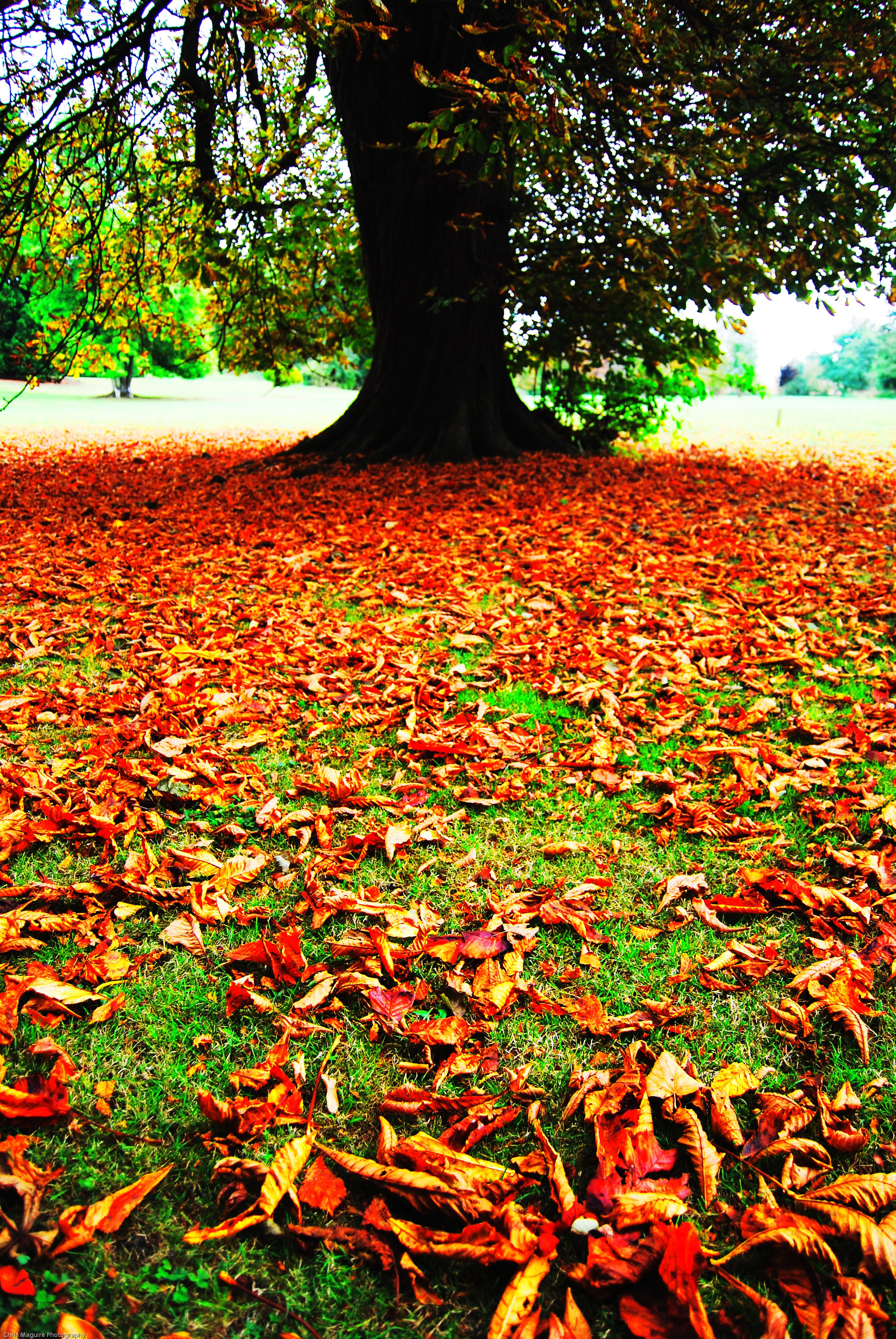‘False autumn’ caused by summer drought spells trouble for nature
Premature arrival of nuts and berries could leave animals and birds short of food when the colder months come around, a wildlife charity says.

The prolonged hot weather and drought have sparked a “false autumn” – which could spell trouble for wildlife when the weather turns colder, a nature charity has warned.
All over the UK, trees have been prematurely shedding their leaves to conserve water and energy in a bid to survive the heat.
The Devon Wildlife Trust warned the phenomenon was particularly apparent in the South West.
It said autumn’s store of nuts and berries may already be severely depleted by the time October and November come around, causing a risk of scarcity for birds and mammals.
The trust said it has spotted signs of false autumn at 60 nature reserves it manages across the county.
One member of the trust’s nature reserve team remarked that in the last 30 years, they had never seen so many trees experience leaf loss so early in the year.
When leaves turn brown early it is a sign the tree is stressed and trying to conserve water that would otherwise be lost through the process of photosynthesis.
It is worse for young trees that do not have the deep root systems that older trees use to reach water, the Wildlife Trust explained.
Elsewhere blackberries, hawthorn berries, hazelnuts and other fruits are appearing much earlier than usual, with reports suggesting the drought has made many wild fruits smaller and less juicy than normal.
The trust is now asking the public to continue putting out a regular supply of water at ground level in their gardens, so it is accessible to animals such as hedgehogs and badgers, as well as traditional bird baths.
People can also put out high energy foods, such as sunflower hearts, nuts and fat balls for birds, and commercially available hedgehog food at ground level.
Devon Wildlife Trust spokesman Steve Hussey said: “For some trees this may be the last straw – the long dry spell will mean they won’t be able to survive. For others, it could mean they are weakened and more open to tree diseases in the future.”
Mr Hussey said: “A very early and thinner, less bountiful wild harvest will present a further challenge to many of the birds and mammals which rely on a diet of berries, nuts and seeds to build-up their reserves of body fat before the onset of winter.
“Take dormice, as just one example – these are animals which must maximise their bodyweight in October and November in order to have a better chance of surviving their long winter hibernation.
“To do this they will consume large numbers of high fat foods, especially hazelnuts, during autumn. But if those hazelnuts and other hedgerow fruits have already been and gone in August then that presents them with a real problem.”
He continued: “Nature’s timing is everything for our wildlife. The climate crisis is bringing with it seasonal weather patterns which our wildlife is just not adapted to.
“Our long, hot summer and the ‘false autumn’ will have a knock on for many species right into the real autumn months and beyond.”
Bookmark popover
Removed from bookmarks